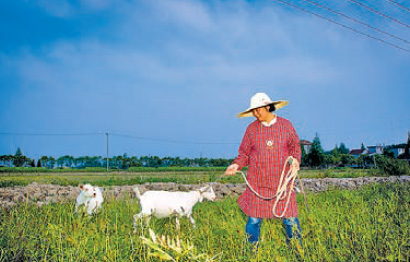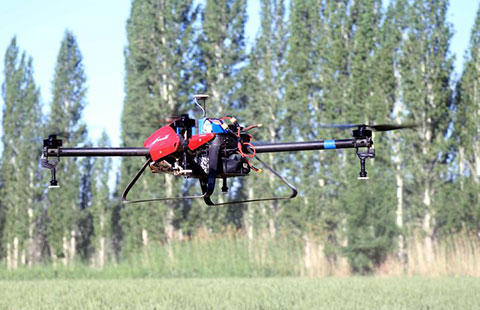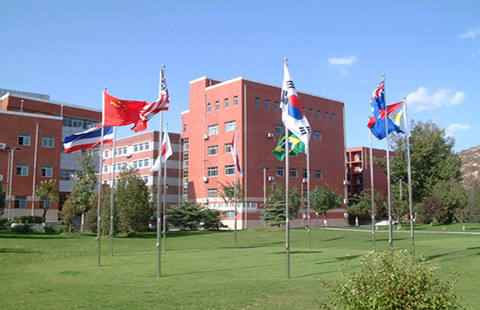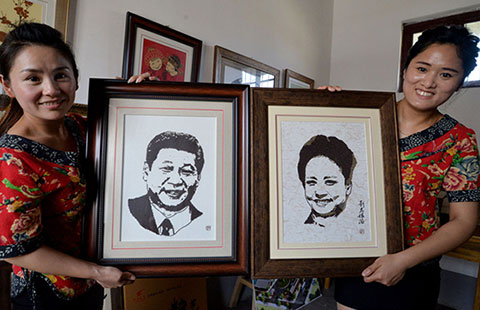Far from the madding crowd in Shanghai
By Xu Xiaomin (China Daily) Updated: 2015-06-15 08:02
 |
|
Hou Xueying, the lease-holder of Xin Geng farm, quit her job at a foreign fashion company in 2010. [Photo/China Daily] |
"Many of the villagers were pretty disparaging of Shang at the beginning," Yu Weiqing, the local village head in charge of agriculture, said.
"They could not understand why a city slicker would want to trade down and be a farmer. They were baffled by her refusal to use pesticides and chemicals, which are commonly used here. To be honest, a lot of people were waiting to see her fail and leave."
Hou encountered similar problems. No one was willing to help her in the event of difficulty. When she asked friends or relatives to help plant seedlings, they messed it up, inadvertently creating even more work for her and her husband.
Once, a sudden storm destroyed much of her rice crop because she had not enough time to cover it properly.
Shang gradually learned how to get things done through a process of trial and error. She learned how to work the land, grow produce and buy the right tools to get the job done. Bit by bit, she won over her neighbors and became an accepted member of the community.
Villagers now refer to the English literature major respectfully, as daxuesheng (university student).
"I did not expect her to stick around for so long," said Yu, who estimates that Shang produces about one-third as much rice as her neighbors with similar-sized lots.
"I admire her spirit. Now the local people are finally starting to embrace her."
Hou said she only produced about one-tenth as much rice as the average farm in her worst year.
Many of the farmers sell their produce on Taobao.com, China's largest online shopping platform, as well as at weekend food markets.
"The farm's income can cover its operational costs, while also providing enough food for me and my family. But it is impossible to get rich doing this," Hou said.
Neither of the two farm operators from Shanghai plans to expand their respective businesses, at least not yet.
"I see it as a lifestyle, not a business," said Shang, who now drives a tricycle to work. Her farm covers more than 13 hectares.
During the busy season, farms in Chongming need to employ dozens of helpers. Neighbors are often willing to pitch in, but most of the younger people have already moved downtown to Shanghai. Some express concerns about who will be left to tend the land in the future.
China's agricultural population will drop to between 10 percent and 20 percent of the total population in the near future, according to Zhao Hui, an official at the Ministry of Housing and Urban-Rural Development. He made the remark during an online interview for the central government's official website last year.
- Resurging interests in cycling
- Cycling fans put sector on the road to recovery
- Indoor golf driving boom in the industry
- Value of stocks rises above $10t, margin debt reaches new record
- IMF team to assess yuan
- Top 10 luxury houses in the world
- Alibaba announces new deals in television, movie industries
- VW Finance China partners 5 major dealer groups

















